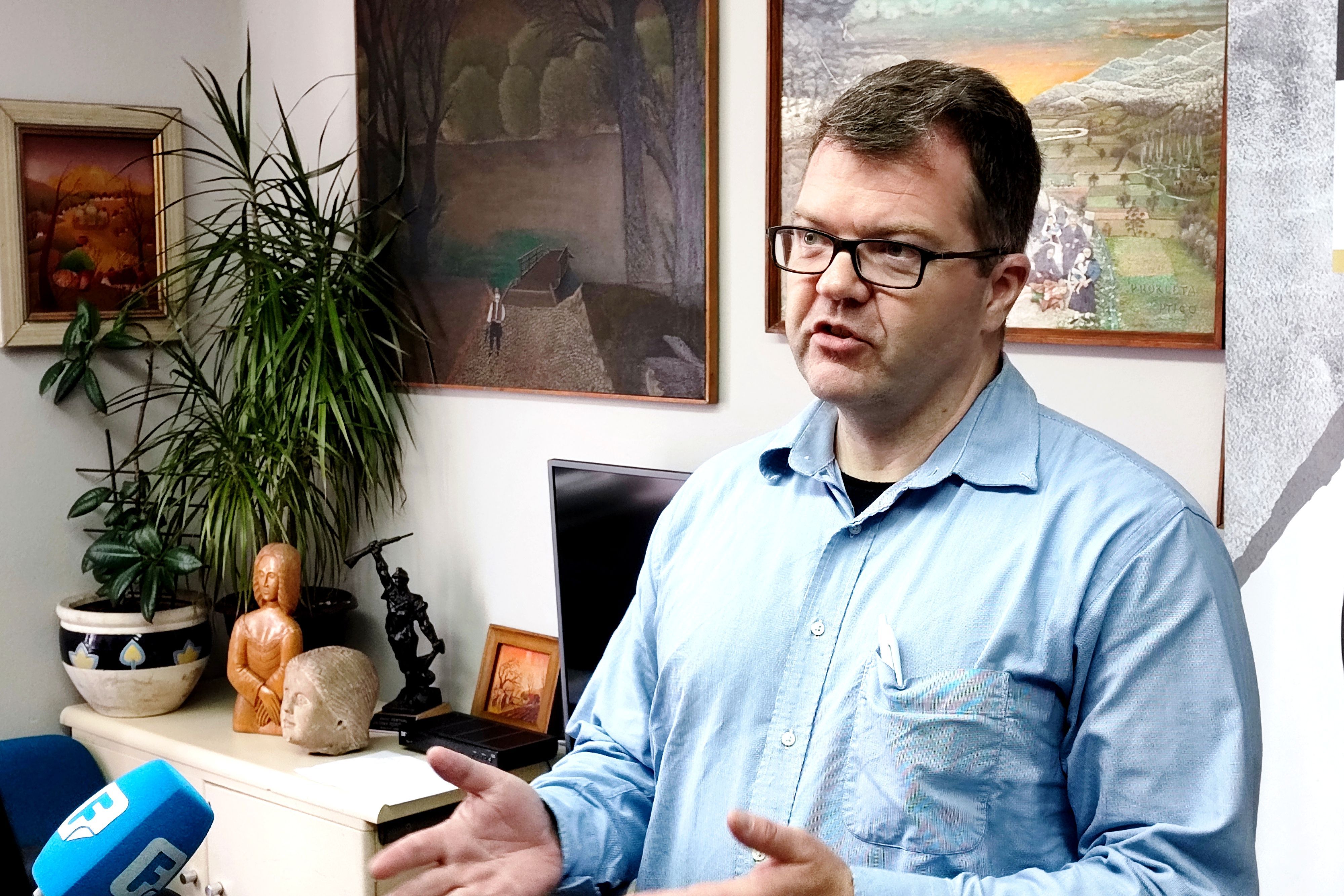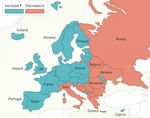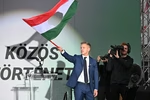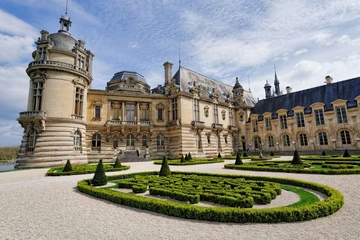Prof. Hoare: Bosnia's road to independence not over yet

The road to Bosnia’s independence is not over, said the guest speaker prof. Marko Attila Hoare, a historian and associate professor at Sarajevo Schools of Science and Technology, on Sunday.
Oglas
Speaking on the topic of "Bosnia's Path to Independence," he recalled that the international community rejected Bosnia's request to recognize its independence at the same time as Croatia’s, with the explanation that a referendum should have been held first.
"But later, between the end of the war in Croatia and the referendum, the Serb forces were simply given time to recover from the failure in Croatia and prepare to attack Bosnia. The international recognition and independence of Bosnia in 1992 was the work of the international community, which had already divided Bosnia in order to appease Serbia," Hoare said.
According to him, Western powers, especially Britain and France, supported Serbia and proposed various plans for the partition of Bosnia, which Serbian nationalists interpreted as a 'green light'.
The paradox of Bosnia’s independence, he added, is that its formal recognition coincided with the crippling of its statehood.
Prof Hoare noted that the Dayton Constitution prevents the functioning of Bosnia and Herzegovina.
"It’s impossible to reform the Dayton system by working within it. You can’t deny people democracy indefinitely. The Republika Srpska (RS) entity’s separatism accelerated under
Milorad] Dodik's leadership.
High Representative] Christian Schmidt made changes to the FBiH Constitution to ensure that the Croat Democratic Union (HDZ BiH) has a veto on the Government. The problem is the Dayton Constitution. The international community will not liberate Bosnia. Bosnia should be independent, not under international control. The path to independence is not over," professor Hoare concluded.
Kakvo je tvoje mišljenje o ovome?
Učestvuj u diskusiji ili pročitaj komentare
Oglas
Kakvo je tvoje mišljenje o ovome?
Učestvuj u diskusiji ili pročitaj komentare
Oglas





 Srbija
Srbija
 Hrvatska
Hrvatska
 Slovenija
Slovenija


























































